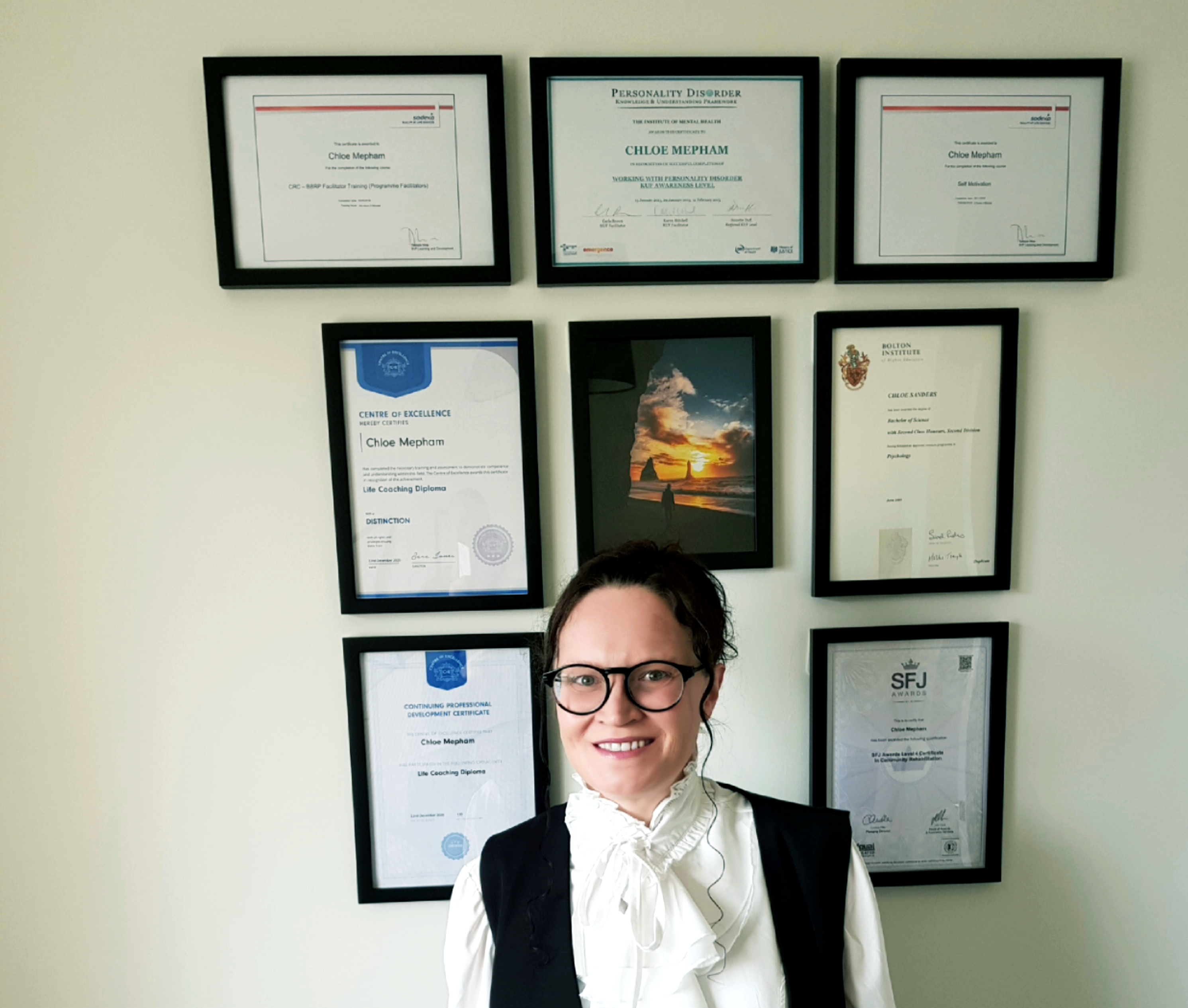Unconscious Bias and Emotion
- Chloe Mepham BSc

- May 21, 2021
- 2 min read
Updated: Jul 11, 2023

When things go wrong, I blame myself, but when things work out for the best, I credit others. This has in the past caused me intense emotions of guilt. However, this is because I was unaware of my biased thinking patterns. We all have them and they are acquired through our life experiences, to such an extent that we will tend to frame any situations with these biases.
However, now I am conscious of my thinking biases I can begin to manage them. I can question my reaction and ease my emotion in a situation. Why is it my fault? What did I do well in that situation? Is it really me? By being conscious of my biases such as personalising things and being self-critical, I can manage them.
There are a wide variety of unconscious biases and it is well worth researching these to see if you can identify any that you may have, in order to save yourself from unnecessary suffering.
Some people may stereotype groups of people and overgeneralise. This could cause them to fear certain groups or become defensive.
Others may think they know what others are thinking, and sometimes they might. However, this could cause unnecessary pain if they make snap judgements about others that are incorrect, and they may miss out on opportunities or cause an unnecessary upset.
For some people, they may always fear the worst will happen regardless of their actions. This could prevent them from achieving their dreams and leave them with a sense of doom.
Whereas some may minimise the importance of situations, others may exaggerate them to an extent beyond what they are. This can cause stress and initiate even more problems for themselves.
Bias is a natural thinking pattern we all learn throughout our lives. However, if we can bring it from the unconscious into the conscious mind, we can learn to manage it, to prevent causing ourselves additional problems and unnecessarily intense emotions.
Another way to manage these is to pause and reflect on the situation. Before reacting to that emotion take time to consider a response. Try to look at situations objectively, as if you were an objective observer. What would they think? It can only serve to promote your emotional intelligence.
If you want support with identifying and managing unhelpful thinking patterns book a Free No-Obligation Mindset Meeting here: Home | Chloe Mepham BSc Certified Life Coach.

Comments